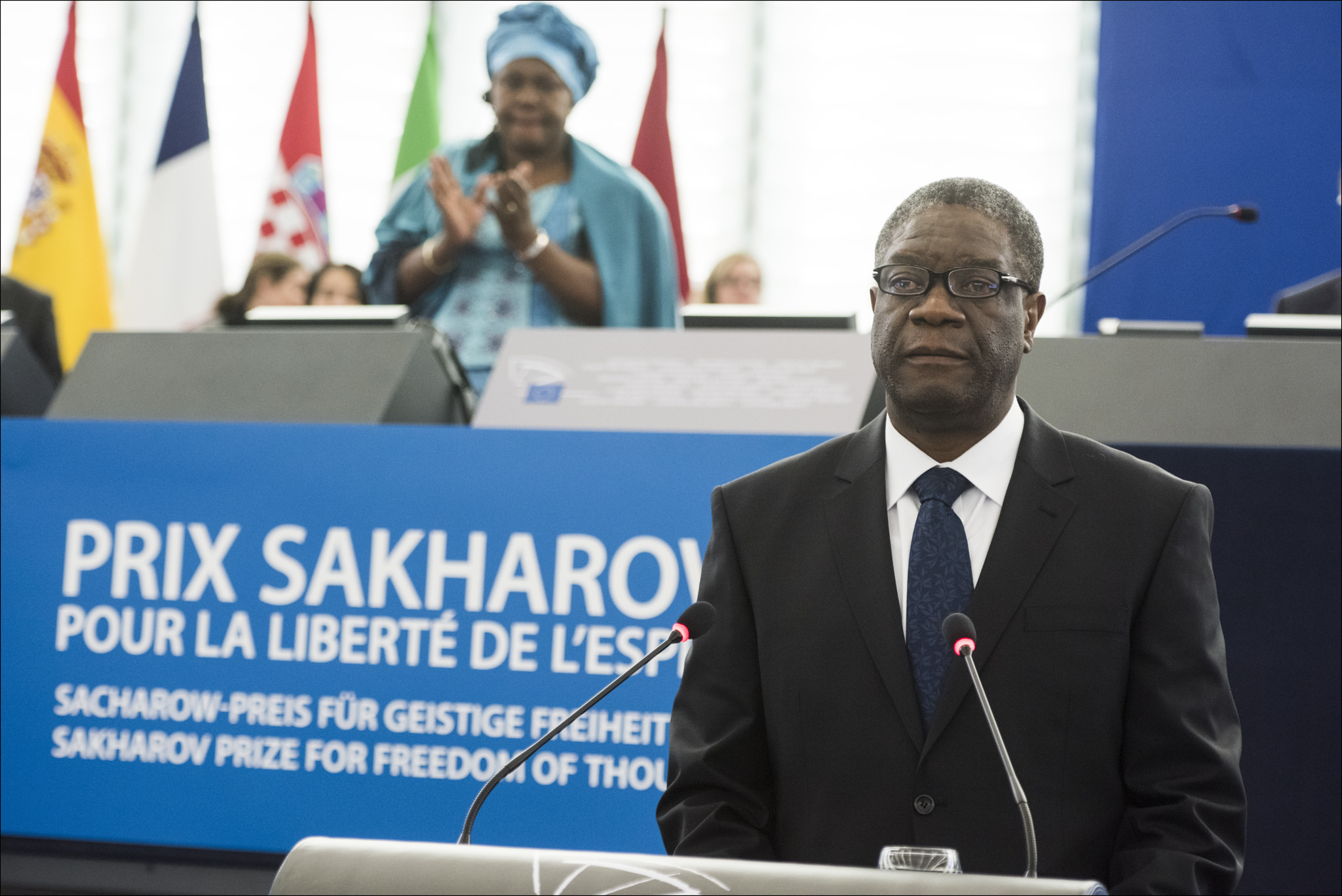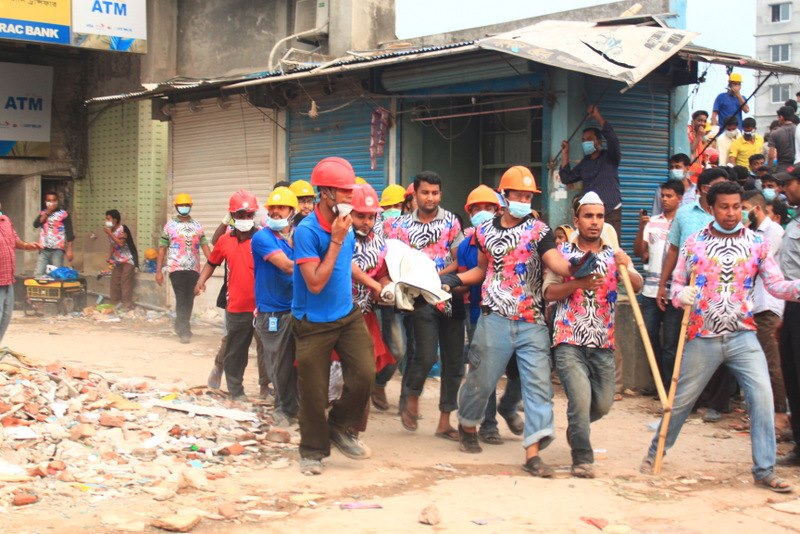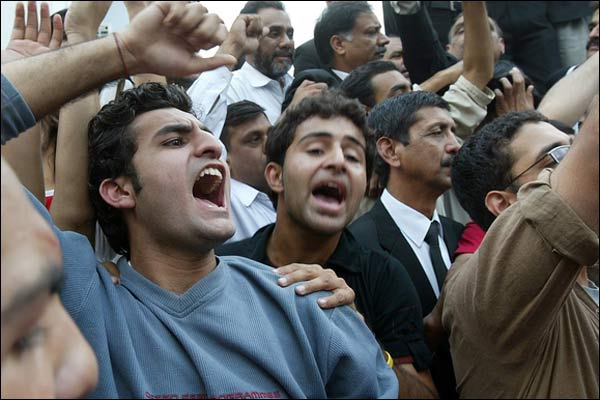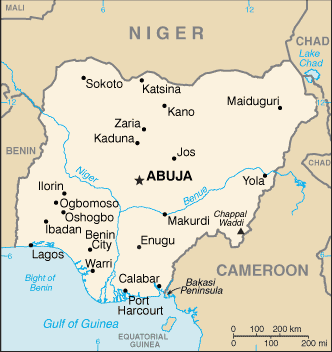Guest post by Anne-Kathrin Kreft.
This year’s Nobel Peace Prize laureates are Dr. Denis Mukwege and Nadia Murad, recognized for “their efforts to end the use of sexual violence as a weapon of war and armed conflict.” The perpetration of sexual violence against civilians by state armies, paramilitaries, and rebel groups is a serious war crime. It was placed on the international agenda by the systematic rape of women in the wars in Bosnia and Rwanda in the 1990s. More recently, the systematic use of rape by security forces in Myanmar and sexual slavery of Yazidi women by ISIS have been in the news.
Alarmingly, sexual violence in conflict has not declined between 1989 and 2015, the most recent year for which cross-national data is available. Nonetheless, conflict-related sexual violence does not go unchallenged, as this year’s Nobel Peace Prize acknowledges. Dr. Denis Mukwege – “the helper” – has performed reconstructive surgeries on more than 50,000 victims of sexual violence at Panzi Hospital in the conflict-ridden eastern part of the Democratic Republic of the Congo. Nadia Murad – “the witness” – escaped sexual slavery by ISIS forces in Iraq and has since given testimony about the atrocities committed against Yazidis in the United Nations Security Council and many other fora.
But Mukwege and Murad are also activists fighting for the rights and dignity of victims, calling on armed actors to end this violence, and on states and international organizations to redouble their efforts to persecute its perpetrators. They deservedly receive the Nobel Peace Prize for their courageous commitment to the fight against conflict-related sexual violence. What may be less well-known is that they are joined in these efforts by many organizations – big and small – in different conflict-affected societies.
In the Democratic Republic of the Congo, a women’s rights organization for victims of sexual violence has provided support to 13,000 victims. After the war in Bosnia, victims of sexual violence came together across national and ethnic lines for mutual support. In Colombia, two nationally-operating victims’ associations specifically dedicated to conflict-related sexual violence and one national campaign to challenge this violence have been founded. Many Colombian women’s organizations have also taken on conflict-related sexual violence as a priority in their work.
While sexual violence against men is also on the rise, it is primarily women who mobilize in response to this violence. In my research, I find that women’s collective mobilization in civil society during conflicts is generally higher when sexual violence is widespread. In 2017 and 2018, I carried out interviews with women’s organizations and victims’ associations in Colombia to better understand how and why women mobilize around the issue of conflict-related sexual violence. I found organizational priorities and goals to be diverse.
Some organizations work primarily in the area of psycho-social or psycho-legal support to victims. Others pursue more transformative agendas that also seek to change traditional gender relations and increase women’s representation and influence in politics or peace negotiations. This is because these organizations, many of which self-identify as feminist, see the origin of sexual violence – in war and in peace – in deep-seated gender inequality in society. Sexual violence against women is normalized in a patriarchal society in which many men see women as objects or possessions to whose bodies they feel entitled.
For the women’s organizations, ending sexual violence in conflict thus requires more fundamental social change. While the Colombian civil society sector is very active, with a comparatively large number of feminist women’s organizations, political or societal constraints may make mobilization more difficult in other conflict-affected societies. In these settings, support services may focus more narrowly on providing support to victims or seeking justice. But even these activities play a fundamental role in challenging gender inequalities in access to justice, (health) services, and state institutions.
Regardless of the specific way in which individuals and groups mobilize, confronting conflict-related sexual violence often sparks resistance from state institutions, armed actors, and fellow citizens alike. In Colombia, persistent challenges are re-victimization in the court system, victim-blaming by public officials and the general public, and the impunity of perpetrators,. Some activists even experience personal threats and violence. This was a concern raised by several of the women I spoke with in Colombia, where more than 300 social leaders have been assassinated since 2016.
The 2018 Nobel Peace prize is a tribute to the perseverance of civil society activists against conflict-related sexual violence across the globe. Yet, much more remains to be done.
Anne-Kathrin Kreft is a PhD candidate in Political Science at the University of Gothenburg, Sweden, where she is completing her dissertation on domestic and international responses to conflict-related sexual violence.







1 comment
Our organization, the Coalition for Work with Psychotrauma and Peace (CWWPP; http://www.cwwpp.org), assists people at grassroots level to assist one another. We give online training without charge. Please see the Pragmatic Empowerment Training (PET) section of our website. Feel free to contact us.